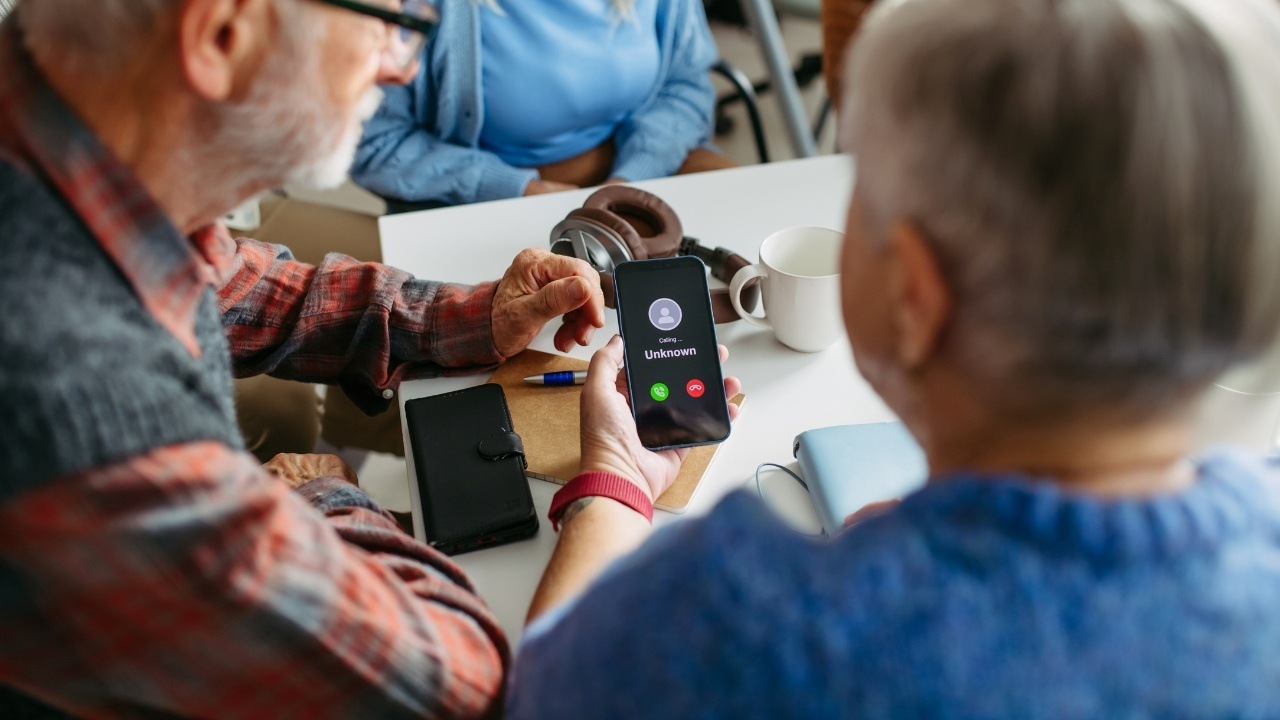.jpg)
Protecting Yourself from the Rising Threat of Online Fraud
Online fraud has become a serious concern for consumers as the number of cases continues to rise. The internet has made it easier for fraudsters to target unsuspecting individuals and steal their personal and financial information. As a result, consumers need to be aware of the risks and take steps to protect themselves.
One of the most common forms of online fraud is phishing, where fraudsters send emails or messages that appear to be from reputable companies, asking for personal information such as login credentials or credit card details. Consumers should be wary of unsolicited emails or messages and avoid clicking links or downloading attachments from unknown sources. Another form of online fraud is identity theft, where fraudsters steal personal information such as name, address, and social security number and use it to open new credit accounts or make fraudulent purchases. Consumers can protect themselves by regularly checking their credit reports and monitoring their financial accounts for suspicious activity.
In addition to these types of online fraud, consumers should also be aware of scams involving fake websites, online auctions, and social media. Fraudsters create fake websites or social media profiles to trick consumers into giving them money or personal information. By being aware of the risks and taking steps to protect themselves, consumers can reduce their chances of becoming victims of online fraud. It is important to stay vigilant and cautious when using the internet to ensure the safety of personal and financial information.
How Can You Protect Yourself?
A lot of the things that consumers need to do are things that we've all been told for many years. Things like:
- Use strong passwords and multi-factor authentication when it's available.
- Never share passwords or personal information.
- Check your bank statements regularly, or set up alerts for when money is spent.
- Get your free annual credit report and set up credit freezes.
- Proactively ensure that others in your family are educated and protected.
In times of economic uncertainty, though, consumers need to guard themselves against the voice that tells them to take a chance on a deal they feel they can't miss out on. If it looks too good to be true, it very often is precisely that. Fraudsters are frequently psychologically astute. They know how to leverage insecurities and human weaknesses. During economic uncertainty, consumers must be extra careful to guard against falling into the resulting traps, however tempting the offer might look.




